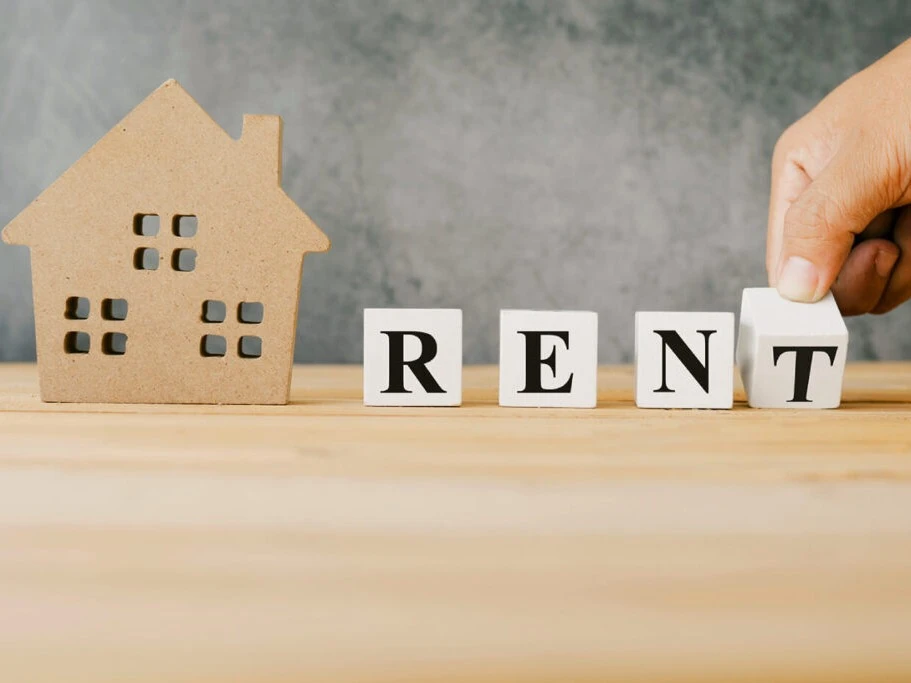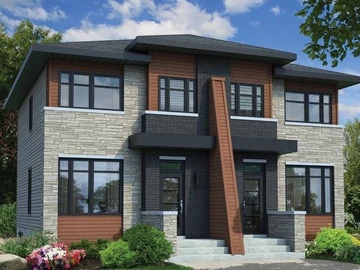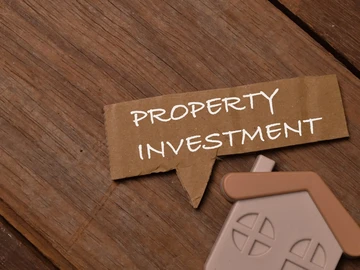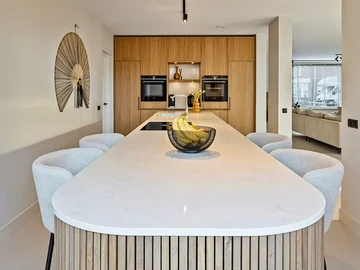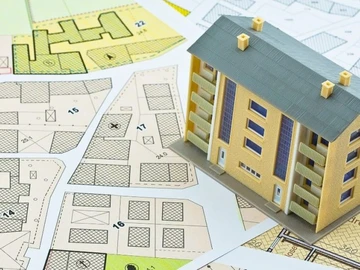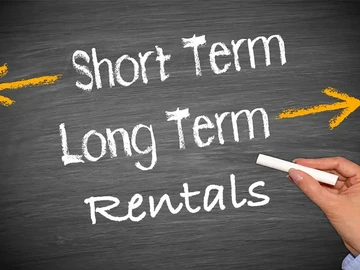Investing in rental property is one of the most effective ways to build long-term wealth, especially in Zimbabwe's dynamic real estate market. However, making the right decision requires thorough planning and consideration. Whether you’re looking to purchase a residential property in Harare or a commercial space in Bulawayo, understanding the key factors can help ensure your investment yields positive returns.
1. Understand the Local Property Market
Before making any investment, research the local property market to identify high-demand areas. In Zimbabwe, suburbs like Borrowdale, Mount Pleasant, and Avondale are popular for residential rentals, while areas such as Msasa and Workington attract commercial property seekers.
Key Points to Research:
- Market Trends: Use tools like the Property.co.zw Real Estate Index to monitor property price trends and rental yields.
- Demand Drivers: Look at the area's proximity to amenities like schools, shopping centers, and transport routes.
- Economic Stability: Factor in the local economic conditions, which influence rental demand and property appreciation.
2. Choose the Right Type of Property
Rental properties vary in type, and the choice depends on your investment goals and target audience.
Residential Properties:
- Ideal for stable, long-term rental income.
- Properties in family-friendly areas with access to schools and clinics often have steady demand.
Commercial Properties:
- Offer higher rental yields but may have longer vacancy periods.
- Ideal in growing business hubs like Harare CBD, Bulawayo CBD, or Ruwa Industrial Area.
Vacant Land:
- Can be developed into rental units or commercial spaces, offering long-term value.
3. Calculate Your Potential Returns
- A successful rental property investment hinges on understanding your potential return on investment (ROI).
How to Calculate ROI:
1. Estimate Rental Income:
Use platforms like Property.co.zw to compare rental rates in your target area. For instance, a two-bedroom apartment in Avondale might fetch $600/month.
2. Subtract Expenses:
Include costs like property taxes, maintenance, insurance, and agent fees.
3. Determine Net ROI:
Divide your annual rental income by the total property cost and multiply by 100 to get your ROI percentage.
Tip:
Look for properties offering a rental yield of at least 8-12% to ensure profitability in Zimbabwe’s market.
4. Assess Financing Options
Purchasing a rental property often requires significant capital. If you're not buying in cash, explore financing options such as bank loans, mortgages, or seller-financed agreements.
Local Considerations:
- Zimbabwe’s high-interest rates can affect affordability, so carefully compare lending options.
- Partner with trusted financial institutions offering competitive rates for property investments.
5. Conduct a Comprehensive Property Inspection
Never purchase a property without conducting a detailed inspection.
What to Look For:
- Structural Integrity: Ensure the building is sound and free of major defects.
- Utilities: Verify that the property has reliable water, electricity, and sewage systems.
- Legal Status: Use platforms like Property.co.zw to check for clear title deeds and compliance with local laws.
6. Hire Professionals
Professional advice can help avoid costly mistakes during the buying process.
Key Professionals to Consult:
- Real Estate Agents: Work with registered agents to identify high-potential properties.
- Lawyers: Ensure all legal documents, including the title deeds, are valid and up-to-date.
- Property Managers: For hands-off management, consider hiring property management services to handle tenant interactions, maintenance, and rent collection.
7. Account for Property Management Costs
Managing a rental property requires time and resources. If you’re investing in multiple properties or live far from the location, consider outsourcing property management.
What Property Managers Do:
- Handle tenant screening and lease agreements.
- Oversee maintenance and repairs.
- Ensure timely rent collection and legal compliance.
8. Plan for Market Fluctuations
The Zimbabwean real estate market, like any other, is subject to fluctuations influenced by economic conditions, government policies, and local demand.
How to Mitigate Risks:
- Diversify your investment by owning different types of rental properties.
- Build a financial cushion for unexpected costs or periods of low occupancy.
- Stay updated on market trends with insights from Property.co.zw.
Conclusion
Investing in a rental property in Zimbabwe can be a profitable venture if approached with careful planning and research. By considering market dynamics, property type, and financial factors, you can make informed decisions that yield long-term returns. Use resources like Property.co.zw to explore property listings, compare rental trends, and access professional services to guide your journey.
Explore Property Opportunities Today
Visit Property.co.zw to find the perfect rental property and access valuable tools to make your investment a success.
 Continue with Facebook
Continue with Facebook
 Continue with Email
Continue with Email

